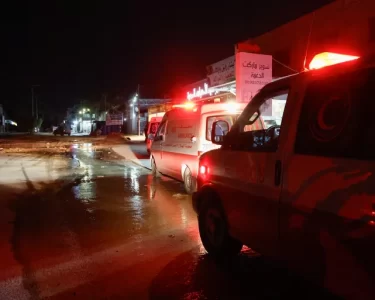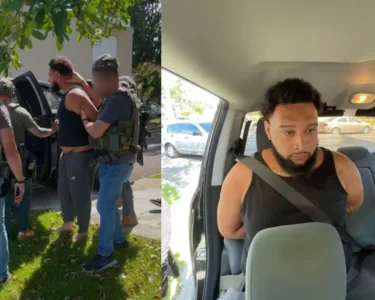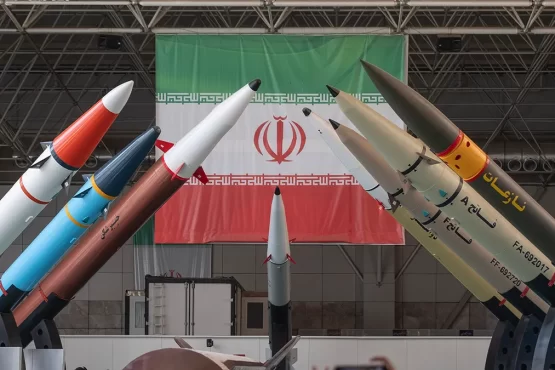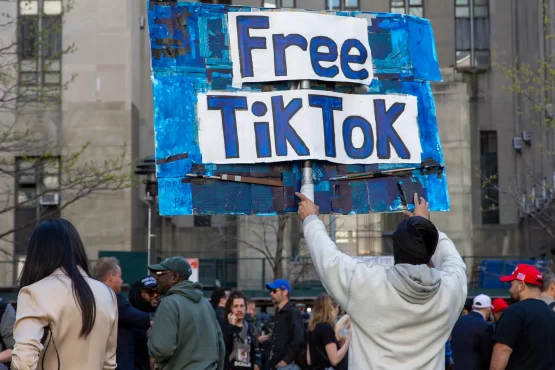The series of unexplained deaths known as the ‘Wa killings’ in Upper West Region, Ghana has claimed another victim. Police discovered the body of Richard Opoku, a male bus conductor, in the early hours of Monday, July 15, bringing the total number of victims to 17 in a relatively short period.
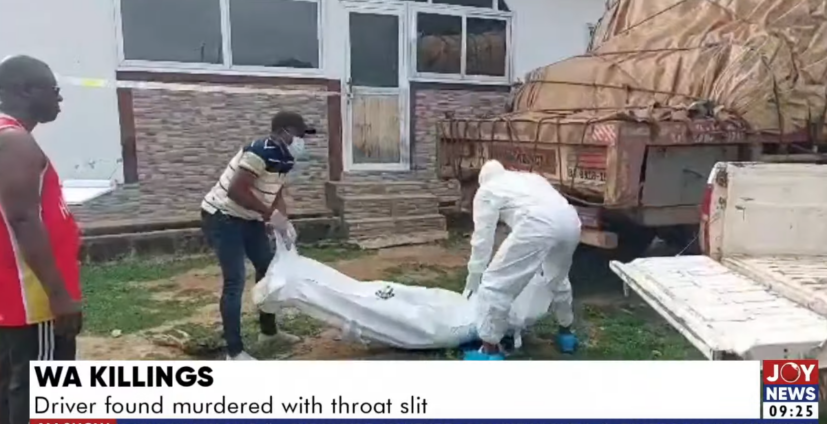
The deceased was found behind a trailer with his throat slit, adding to the growing concern over public safety in the region. According to sources, Opoku had accompanied a salt-transporting trailer to Wa. Unable to offload the cargo upon arrival, he spent the night at the salt owner’s house. Tragically, his body was discovered the following morning, with traces of blood leading from the veranda to behind the house.
In response to this latest incident, police have arrested the salt owner and the trailer driver for questioning as part of their ongoing investigation. The recurring nature of these killings has sparked fear among local residents, leading to what some describe as a “self-imposed curfew” in the area.
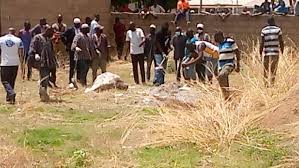
Rashid Pelpuo, the Member of Parliament for Wa Central, Ghana has called for intensified efforts from security services to apprehend those responsible for these mysterious killings. He expressed concern over the advertising of secret societies on local radio, questioning why such potentially illegal organizations are not being investigated.
Similarly, Yusif Sulemana, the MP for Bole, has urged Ghana Interior Minister Henry Quartey to implement measures to end the Wa killings. Sulemana highlighted the impact on daily life, noting that by 8:30 pm, streets are nearly deserted as residents retreat indoors out of fear.
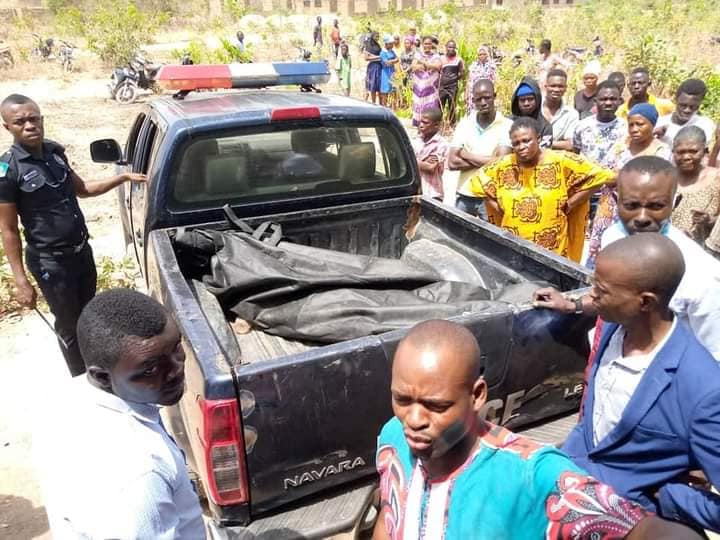
This ongoing crisis has raised serious questions about public safety and the effectiveness of current security measures in the Upper West Region. As investigations continue, there is growing pressure on authorities to provide answers and ensure the safety of local residents.
The Wa killings serve as a stark reminder of the challenges facing law enforcement in Ghana and the urgent need for comprehensive strategies to address violent crime and protect vulnerable communities. As the region grapples with this wave of violence, the eyes of the nation remain fixed on Wa, awaiting resolution and justice for the victims and their families.




